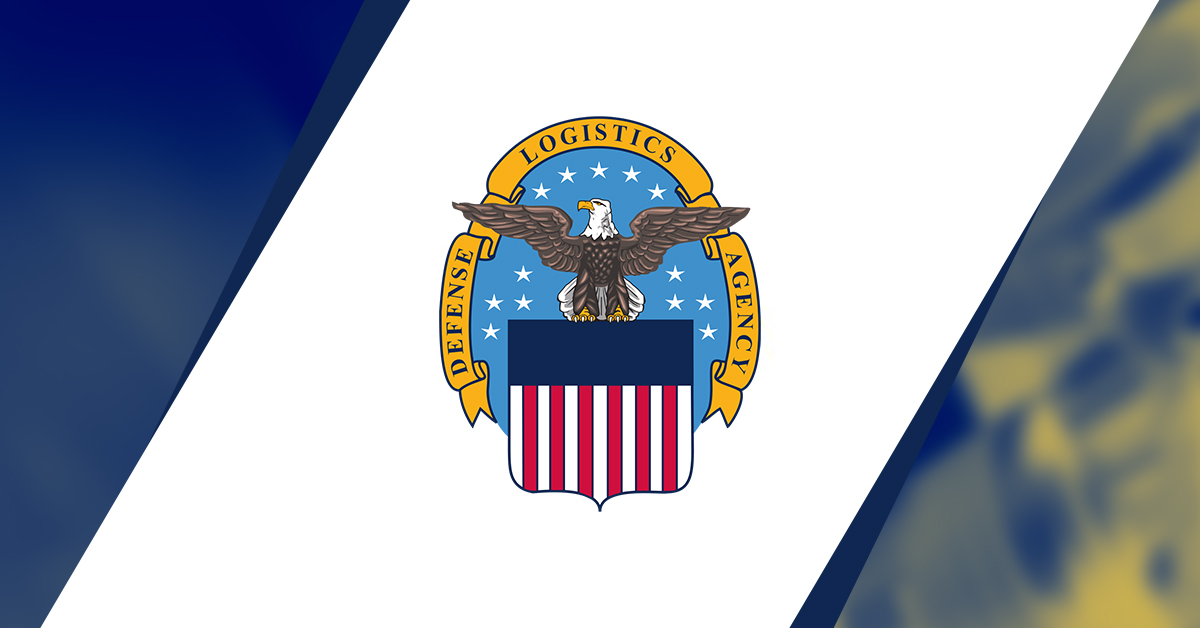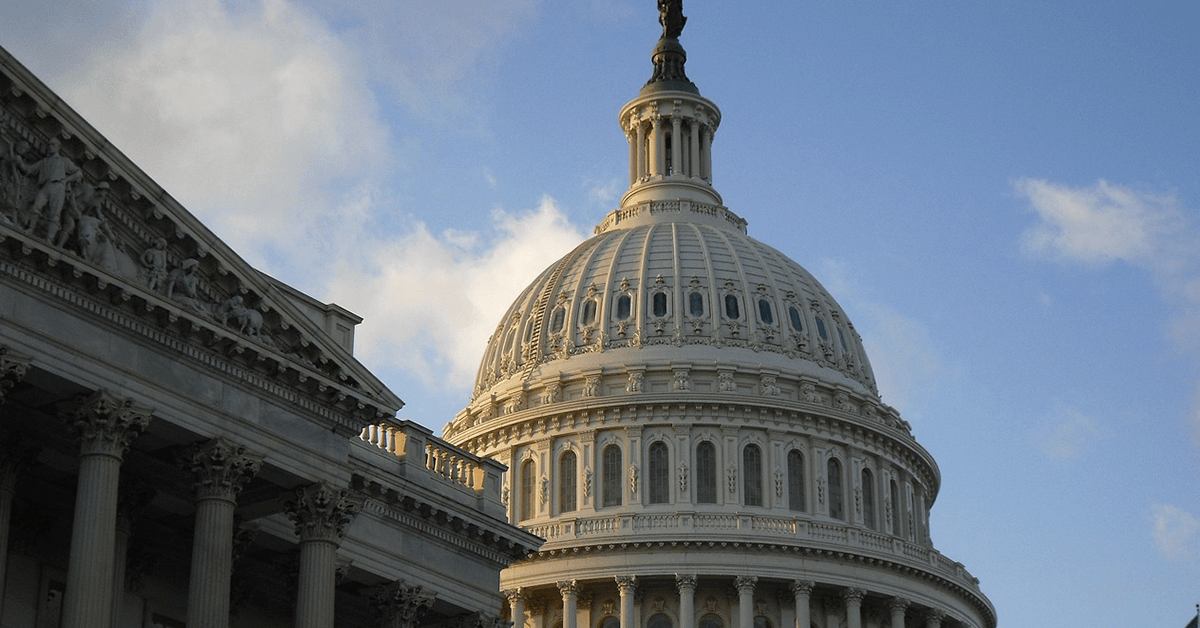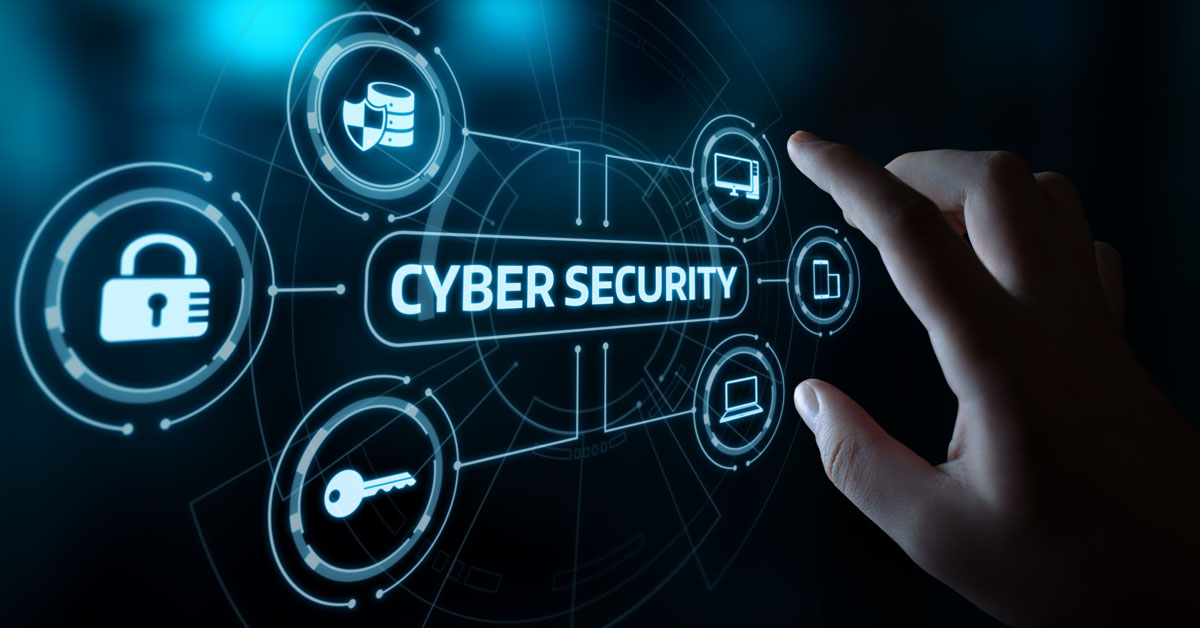NASA’s Jet Propulsion Laboratory has opened a new Rover Operations Center, serving as a central hub for mission operations and a mechanism to support the space technology development efforts of commercial space
NASA is requesting information from domestic and international companies about Earth proximity relay communication and navigation capabilities that could replace the aging Tracking and Data Relay Satellite system in providing near-Earth communications
MoreThe Defense Logistics Agency has launched the Technical Data Management Transformation, or TDMT, a new initiative aimed at enhancing operational efficiency. At the DLA Supply Chain Alliance Symposium and Exhibition, Kenneth Watson,
MoreThe Department of Defense did not report required performance measures on IT business programs assessed in a new Government Accountability Office report. The report, published Thursday, recommends that the Pentagon identify and
MoreA House bill is seeking to develop a security framework to protect American artificial intelligence systems from foreign threats, including espionage and cyberattacks, particularly those coming from China. AI Security Playbook The
MoreCybersecurity and Infrastructure Security Agency Executive Director Bridget Bean has announced her retirement, ending her nearly four-year service. Her role was responsible for the internal operationalization of the agency’s priorities and resources
MoreThe Government Accountability Office has called on the Department of Homeland Security to craft network security and data protection guidance for its Continuous Diagnostics and Mitigation, or CDM, program. In a new
MoreLawrence Livermore National Laboratory has announced a collaboration with Amazon Web Services to integrate artificial intelligence into the operations of the National Ignition Facility, a center for laser-based fusion research. The AI
MoreThe Department of Defense has implemented reforms to accelerate weapon systems acquisition, but it continues to struggle with delivering timely and effective solutions to warfighters within budget, according to a recent Government
MoreThe Department of the Air Force and the Defense Logistics Agency’s Energy Office intend to award a contract to Oklo, an advanced nuclear technology company, to develop and operate a microreactor at
MoreNASA has conducted a series of flights to validate the capability of its F-15 research jets to measure and record the X-59 quiet supersonic aircraft shock waves. Throughout May, two F-15s lifted
More












